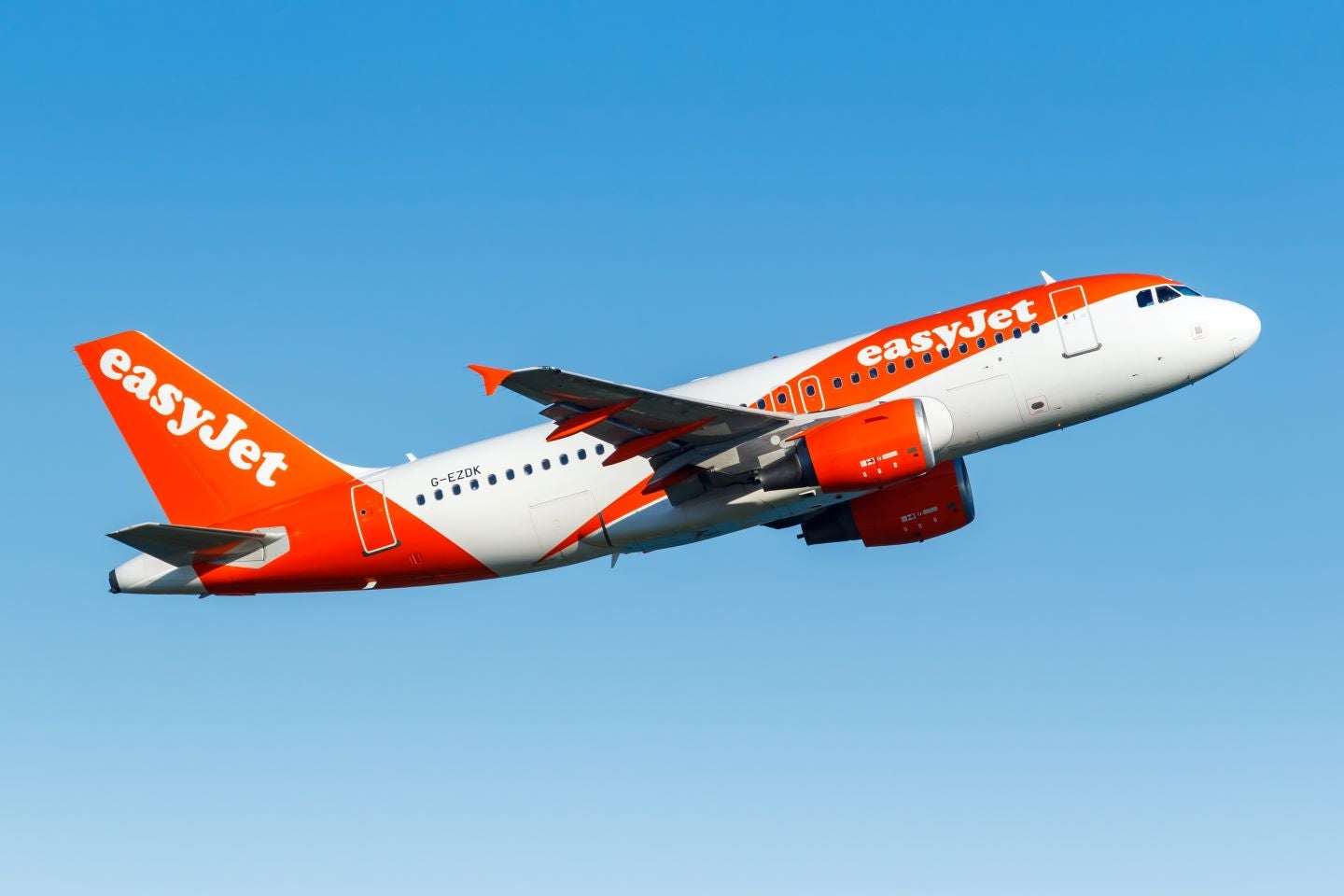
EasyJet has ordered 157 more A320neo-Family aircraft, as well as 100 purchase rights, after shareholder approval on 19 December.
The low-cost airline will receive its orders between 2029 and 2034 which include 56 A320neo and 101 A321neo Airbus aircraft.
According to EasyJet, this expands its neo-offerings as 35 A320neo are currently on order to be upgraded into bigger A321neo aircraft.
The order and aircraft type conversion will allow easyJet to increase capacity across its fleet and replace its aircraft order.
Johan Lundgren, CEO of EasyJet said this order will allow for “disciplined” growth.
Lundgren said: “We are very pleased to be able to confirm this significant order which not only enables easyJet to replace its older aircraft with more efficient aircraft, a core component of our net zero roadmap, but also provides us the ability for disciplined growth, including the significant opportunity that upgauging brings”.
“With this order, easyJet will be able to continue to cement its leading position at Europe’s primary airports and so we look forward to working in partnership with Airbus in the years to come”.
The new aircraft will continue to modernise the easyJet fleet and enhance unit fuel burn efficiency by 13% to 30%, depending on which aircraft they replace.
With only a limited supply of narrow body aircraft delivery slots available until at least 2029, confirming this order now ensures EasyJet has a supply of future delivery slots between FY29 and FY34.
The 100 purchase rights allow the airline to expand its growth further depending “on when they are delivered”.


